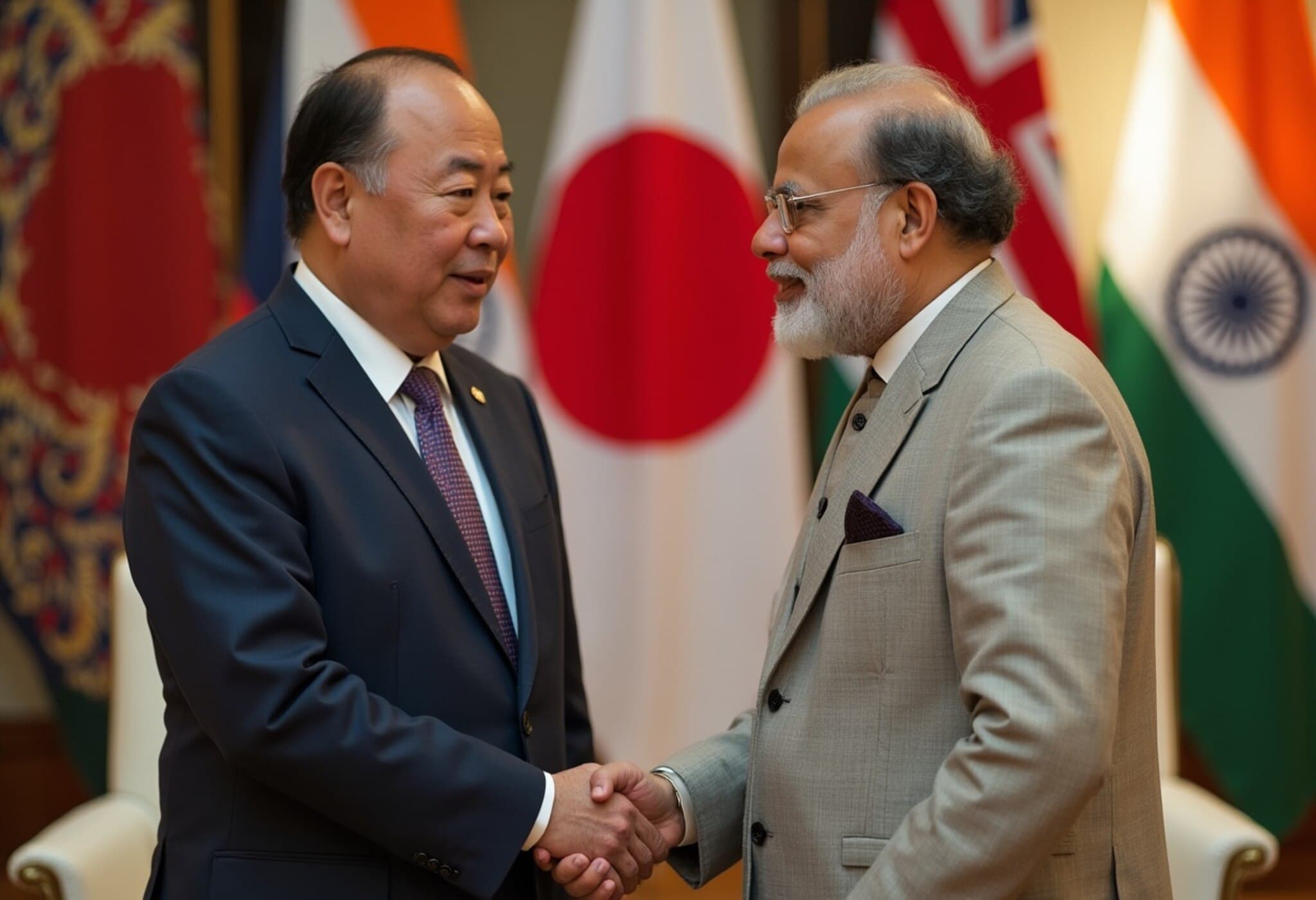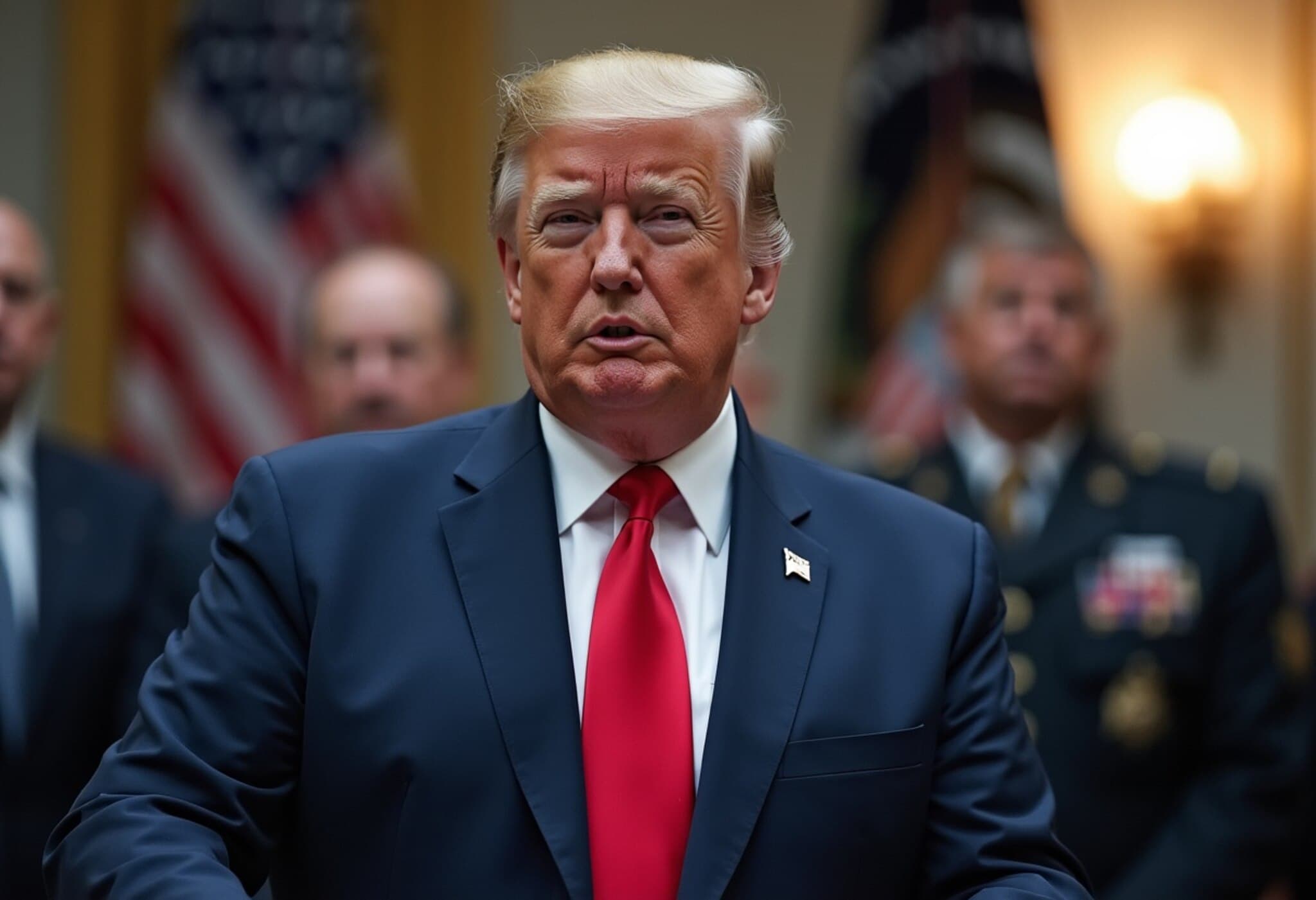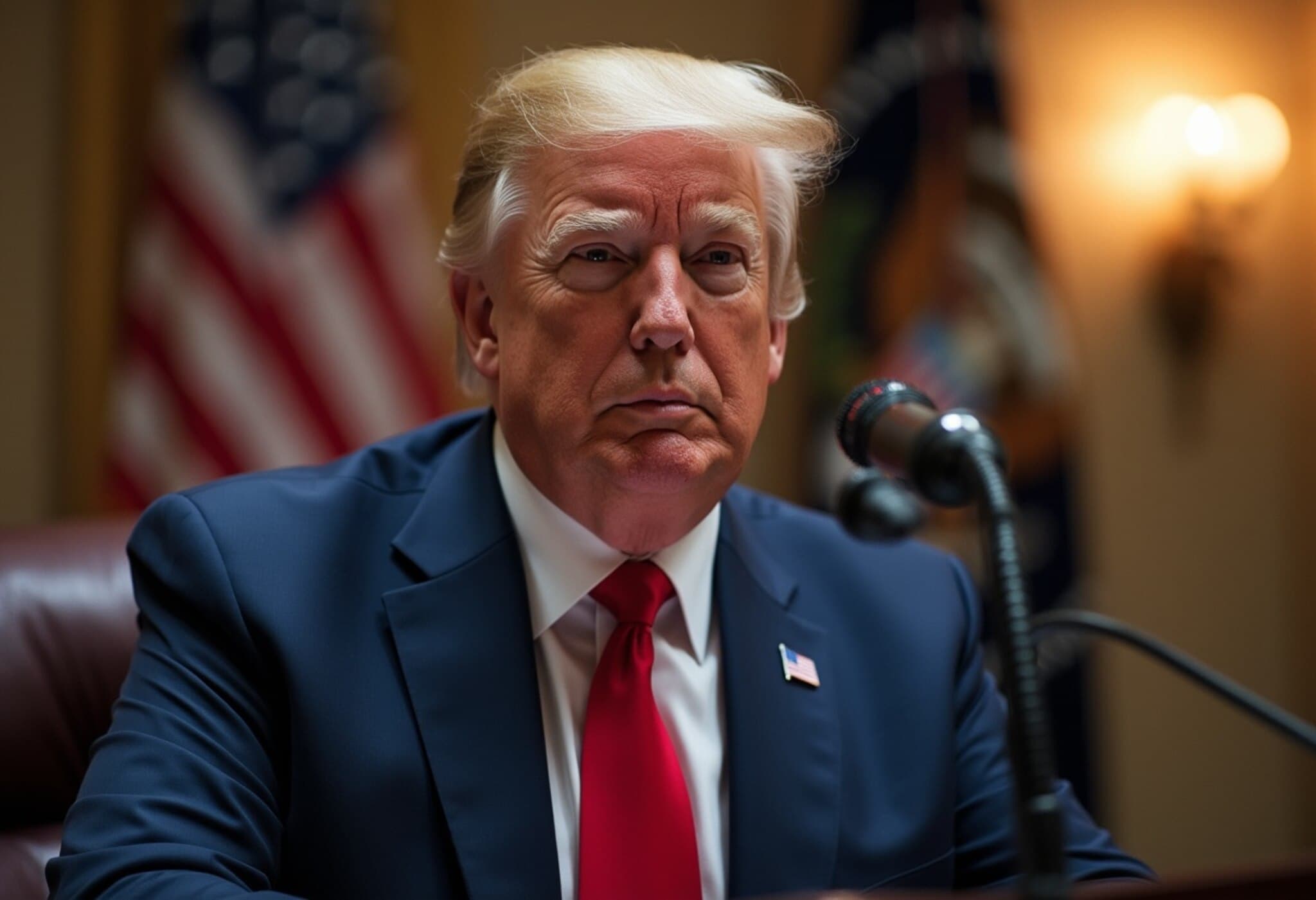Japan Set to Boost India Investment by $68 Billion in Decade-Long Plan
In a major stride toward deepening bilateral ties, Japan is reportedly preparing to announce a substantial increase in its investment commitment to India during Prime Minister Narendra Modi’s forthcoming visit to Tokyo from August 29 to 31, 2025. The proposed plan, valued at 10 trillion yen (approximately $68 billion), aims to expand upon Japan’s previous pledge of 5 trillion yen announced in 2022, marking a pivotal moment in Japan-India economic partnership.
Key Highlights of the Planned Investment
- The investment will span the next decade, signaling long-term confidence in India’s economic potential.
- Japan’s commitment targets diverse sectors, including semiconductors, essential minerals, clean energy, telecommunications, artificial intelligence, and pharmaceuticals.
- New frameworks for economic security cooperation are anticipated, focusing on resilient supply chains for critical goods amid global geopolitical shifts.
- The launch of a joint AI cooperation initiative will encourage innovation and support startups in emerging technologies.
Strategic Context: Why This Investment Matters
Japan’s role as a pivotal investor in India has grown steadily over the years. As of December 2024, Japan had invested over $43.2 billion in India, positioning it as the fifth-largest foreign direct investor in the country. Japanese FDI has broadly targeted industries such as automobiles, electrical equipment, telecommunications, chemicals, financial services, and pharmaceuticals.
This expanded investment plan comes at a critical juncture where both nations are aligning their economic and strategic interests amid a shifting global landscape marked by supply chain disruptions and technological competition.
Strengthening the Indo-Japanese Special Strategic and Global Partnership
During PM Modi’s eighth official visit to Japan as prime minister, he is set to join Japanese Prime Minister Shigeru Ishiba in reviewing and fortifying the Special Strategic and Global Partnership, a framework that has underpinned bilateral cooperation for over a decade.
The agenda will cover:
- Defence and security collaboration: Expanding joint efforts to secure regional stability.
- Trade and economic engagement: Facilitating greater investment and technology transfer.
- Technological innovation: Promoting advancements in AI, clean energy, and critical industries.
- People-to-people exchanges: Increasing cultural and educational ties to enhance mutual understanding.
- Discussion on global and regional issues: Coordinated responses to geopolitical challenges.
Noteworthy Events During the Visit
Aside from high-level talks, PM Modi is expected to visit Sendai in Miyagi Prefecture for the inauguration of an experimental Shinkansen bullet train car, symbolizing the shared commitment to cutting-edge infrastructure and connectivity.
Underreported Dimensions: Economic and Geopolitical Ramifications
While the investment figures grab headlines, the broader implications warrant closer examination. This partnership reaffirms Japan’s strategic pivot toward South Asia as a stable economic counterbalance amidst intensifying Sino-Japanese and Indo-Pacific tensions. For India, enhanced Japanese investment is crucial in reducing overdependence on other global players and advancing indigenous innovation.
Furthermore, the AI cooperation initiative can become a landmark collaboration, positioning both countries as leaders in emerging technologies that drive future global economies.
Expert Insight: Investment Strategy as a Signal to Global Markets
Economic analyst Dr. Asha Mehta notes, “Japan’s sizeable investment announcement is not merely economic but profoundly strategic. It signals a shared vision to build resilient supply chains and leverage technological strengths in a rapidly evolving geopolitical environment.” She adds, “For India, these investments catalyze industrial modernization and enhance export capabilities, while Japan gains a critical partner in Asia’s growth story.”
Looking Ahead: What to Watch Post-Visit
- Concrete steps and timelines for the disbursal of investment funds over the coming decade.
- Policy reforms in India that will facilitate Japanese investment inflows and technology transfer.
- Progress reports on the AI cooperation and their impact on startups and innovation ecosystems in both countries.
- Strengthening trilateral or multilateral frameworks in the Indo-Pacific involving other democracies.
Editor’s Note
The forthcoming unveiling of Japan’s $68 billion investment plan during PM Narendra Modi’s visit epitomizes a profound shift in Indo-Japanese relations — from transactional economic engagements to comprehensive strategic partnership. This commitment not only reshapes bilateral ties but also injects fresh momentum into regional stability and global supply chain resilience. Observers should consider this move as a harbinger of enhanced technological collaboration and geopolitical alignment, emphasizing the power of sustained, trust-based international cooperation in a fragmented world.
As this story unfolds, critical questions remain: How will India balance this with other global partnerships? Will Japan’s ambitious investment translate into tangible benefits for the Indian economy and workforce? And importantly, how will this partnership influence the broader Indo-Pacific dynamics in years to come?
Stay tuned as we continue to track these developments with rigorous analysis and on-ground insights.











